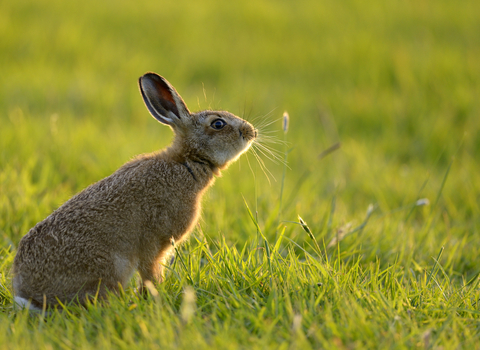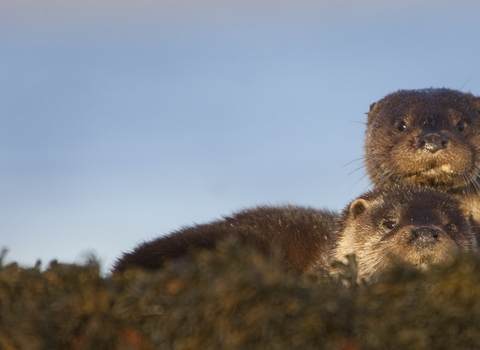In the aftermath of the UK’s departure from the EU, the Covid-19 pandemic, and Russia’s invasion of Ukraine, we have plunged into the depths of a cost-of-living crisis. Millions of households continue to feel the financial burden of last winter’s energy bills while also facing spiralling food prices and soaring interest rates on mortgages. Some parts of the media have suggested that environmental action is now just another additional cost we should do without. But we know that the costs to people and society will spiral out of control if we don’t address the climate and nature crises, and that early action will bring much larger benefits to households and to society.
Safeguarding our natural environment must remain a priority for policy makers. This summer we have witnessed countless real-time manifestations of the climate crisis; July was the hottest month in Earth’s recorded history, leading to record-breaking sea temperatures, and wildfires that have rampaged across Europe and North America. At the same time, flash flooding and typhoons have wreaked havoc across Asia.
If the correct decisions are not taken now, these deadly extreme weather events will simply be a taste of what’s to come, and the UK will not be protected from the impacts of climate change.
Earlier this week, the UK Government unveiled plans to approve hundreds of new North Sea oil and gas exploration licenses.
The Prime Minister couched the decision as a necessary step to help the cost-of-living crisis, amongst rhetoric that he didn’t want to ‘hassle’ households. But this is entirely false – new oil and gas exploration will not help to lower household energy bills.
The UK Government must instead shift its focus towards energy efficiency. The cheapest and greenest energy is the energy we are not using. In the UK, vast quantities of energy are lost through leaky homes, increasing household bills while needlessly adding to the climate crisis. In fact, energy efficiency in the UK is so poor that one in four GBP spent on heating is wasted due to poor insulation. Improving energy efficiency in the UK would reduce bills, increase energy security, and avoid the need for untested and highly expensive technologies such as carbon capture and storage.
Globally, renewable energy is the cheapest form of power. It is simply untrue that the policies we require to reach net zero by 2050 will result in increased costs for the poorest households – the opposite is actually true. Action that is taken today to address these twin crises will only improve outcomes for all sectors of society.
We have also seen very little progress for nature, both its inclusion within key climate policies, and wider progress on nature’s recovery. The Government’s latest Net Zero Strategy is being taken back to court by Friends of the Earth on the grounds of being insufficient, and there are no new funds or policies in the Government’s new National Adaptation Programme on nature. Just over six months ago, the UK Government was instrumental in securing the COP15 Global Biodiversity Framework. This set a number of essential targets for the recovery of nature and represented a significant steppingstone on the journey to addressing nature’s decline by 2030. However, since targets were agreed last December, we have not seen the required shift from words to action.
- Beavers are nature’s engineers, which can drive the restoration of healthy wetland ecosystems. The licensing of beaver reintroduction was first promised by this government in 2017, and again in 2021. However, progress continues to stall, with no strategy in place for beavers to return to the wild.
- Peat: It has been nearly a year since the UK Government announced its intention to ban the retail sale of bagged peat compost in England and Wales by 2024. With just five months until this date, the government is yet to identify how it will do this.
- Pesticides: Despite signing up to a target to halve the risks posed by pesticides by 2030, in February of this year the UK Government – for the third year in a row – approved the use of a banned, highly toxic neonicotinoid pesticide. Just one teaspoon of this pesticide is enough to kill 1.25 billion honeybees.



